I am starting researching and writing up my new book Heroism, Celebrity and Therapy in Nurse Jackie under contract with Routledge, and thinking about the notion of representation and therapeutic potentials, as this is a key aspect of the book. The lead character of Nurse Jackie within the TV series (played by the wonderful Edie Falco), offers a therapeutic representation of the ‘other’, as a heroine who whilst flawed through her addiction to prescription drugs, may be considered as a vulnerable outsider trying to find her way in a complicated world. Her representation inevitably means something to a whole range of audiences who might not only find entertainment in her performances, but also might think though personal aspects of vulnerably, culpability, morality and self-worth.
With this in mind, I recall the time when I was about to be awarded the contract for the book. In June this year I was on my way back from an international conference. I had turned up early at Chicago O’Hare Airport, getting there at 6.30 am, and then found out that the flight was delayed for 13 hours. Much frustration as you can imagine. With so much time on my hands, I knew that I could make use of this and work on the book proposal in the working areas of the airport, fine tuning the details. As I moved from one work station to the other (for various reasons of interruption) over the domain of airport, in one break/shift I wandered into a newsagent, and the latest edition of People magazine caught my eye. The cover depicted the recent shootings in Orlando Florida, at the LGBT (lesbian, gay, bisexual and transgender) night club Pulse, where a gunman had murdered 49 people – which occurred just a week or so before. The cover image offered a collage of the many people lost in the shooting. I purchased the magazine, and read through the article thinking about all the loss. As part of this I reflected on a moment earlier on the trip when I had spoken publicly at the Consoling Passions Conference in Notre Dame, Indiana. I had contributed to an informal event, allowing individuals to share emotional responses to the events in Orlando. Almost unconsciously I had found myself speaking up at the conference, critiquing some of the mainstream news coverage of Orlando that seemed to be ranking the value of LGBT lives. Added to this even earlier in the trip when I had spoken publicly about HIV/AIDS activist Pedro Zamora at my book launch of his biography in San Francisco, the question of how to respond to Orlando was raised by the journalists that interviewed me, making me think of what this might mean to Pedro as a Latino from Miami himself – if he were alive today.
Later back in the Airport and now on the flight home, as there were no ‘watchable’ movies – I turned to the music on my IPhone, and ambivalently selected Christina Aguilera’s and Ricky Martins ‘Nobody wants to be Lonely’ followed by the Communard’s ‘For a Friend’. The former being a Latino up beat dance number with a laconic twist, and the latter being a melancholic piano based tribute penned by Jimmy Somerville and Richard Coles in memorial of LGBT activist Mark Ashton who passed away in 1987, after illness attributed to HIV/AIDS (who happens to be the main lead political character in the film Pride (2015)). These songs made me feel incredibly emotional, thinking about the loss of the optimistic nightclub goers at Pulse in Orlando that were out celebrating their individuality and their sense of belonging, who like Mark Ashton had their lives cut short.
Flash forward a few months to today, I note that the new video from John Legend of his song ‘Love me Now’ features a depiction of people that survived the massacre in Orlando, besides representing individuals who have survived catastrophic events in Northern Iraq, Puerto Rico and a reservation in North Dakota. Such a blending of human struggles, framing issues of peril, vulnerability and innocence, rekindle all those feelings and reflections that seemed so vivid back on that trip in June.
Contemporary media in diverse forms such as print, video and drama, offer a place of popular cultural identification, that on the one hand seems ephemeral, mass produced and transient, whilst on the other offers ways of feeling, identifying and thinking through. This is particularly relevant for Nurse Jackie, where the central character is an outsider to the norm, who attempts to find her way in life, offering a therapeutic vision, where individuals might relate to her thinking through their own sense of isolation and at points dysfunction or rejection, on life’s journey. In working on this book, I will think not only of all the therapeutic potential of that particular text and its meaning in popular culture, but also think about the wider meaning of research framed within the personal, and our goals or aspirations.
In a similar manner that representations of those lost at the Pulse night club in Orlando back in June, offers a sense of sadness, loss and eternal memory/feeling, we progress within our research not only reflecting back, but also looking forward. In the manner that I look back on my time in reworking my book proposal on Nurse Jackie on that trip back in June, emotion is the driver of research, allowing us to make connections that might seem personal, but also are political. It’s not necessarily how we distance ourselves from our research that is central or imperative, rather it is the ability to move from one space to another, making connections as much as building bridges.
Christopher Pullen
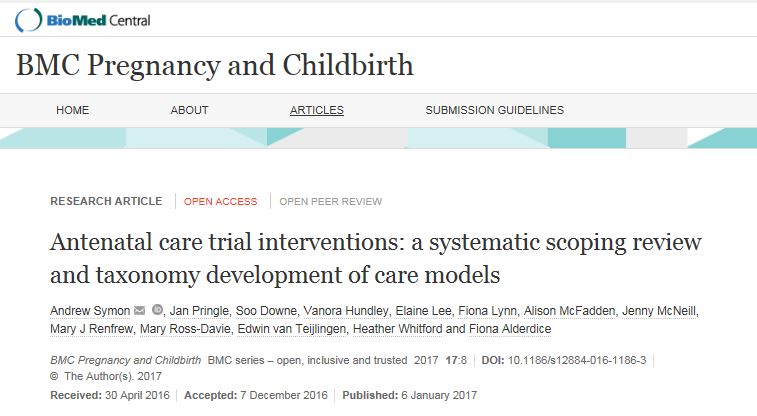 The latest BMC Pregnancy & Childbirth paper is a first step in establishing a taxonomy of antenatal care models. The article concludes that interventions can be defined and described in many ways. The intended antenatal care population group proved the simplest and most clinically relevant way of distinguishing trials which might otherwise be categorised together. Since our review excluded non-trial interventions, the taxonomy does not represent antenatal care provision worldwide. It offers a stable and reproducible approach to describing the purpose and content of models of antenatal care which have been tested in a trial. perhaps key is that the paper highlights a lack of reported detail of trial interventions and usual care processes.
The latest BMC Pregnancy & Childbirth paper is a first step in establishing a taxonomy of antenatal care models. The article concludes that interventions can be defined and described in many ways. The intended antenatal care population group proved the simplest and most clinically relevant way of distinguishing trials which might otherwise be categorised together. Since our review excluded non-trial interventions, the taxonomy does not represent antenatal care provision worldwide. It offers a stable and reproducible approach to describing the purpose and content of models of antenatal care which have been tested in a trial. perhaps key is that the paper highlights a lack of reported detail of trial interventions and usual care processes.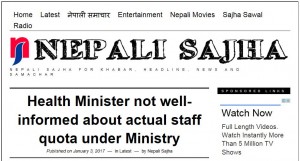
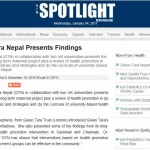

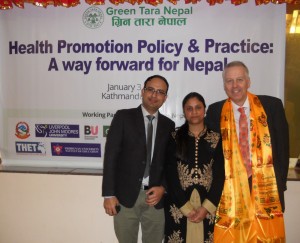
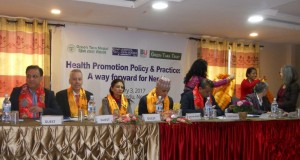
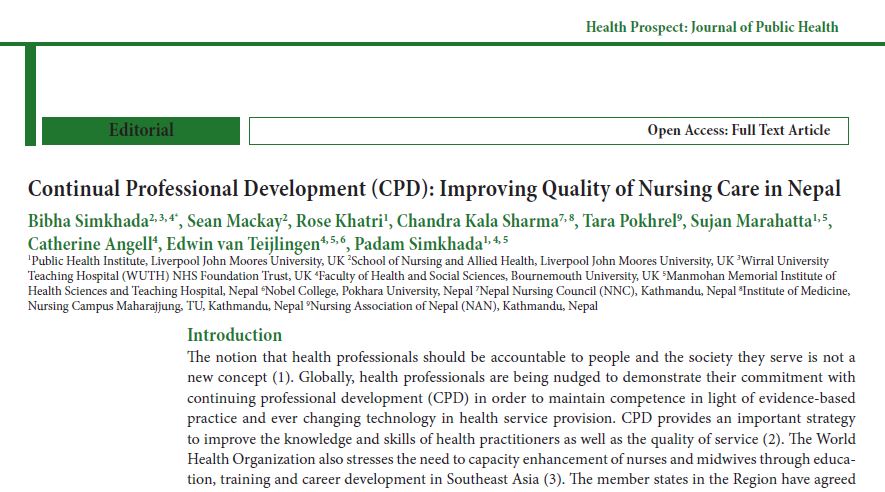

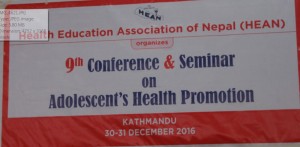 Yesterday Prof. Edwin van Teijlingen from BU’s Centre for Midwifery, Maternal & Perinatal Health (CMMPH) spoke at the 9th Conference and Seminar on Adolescent’s Health Promotion in Kathmandu. This event was organised by the Health Education Association of Nepal (HEAN). The first keynote speech ‘Adolescent’s Health Promotion: Global Perspectives‘ was presented by BU Visiting Faculty Prof. Padam Simkhada (based at Liverpool John Moores University) on behalf of his BU co-authors Dr. Pramod Regmi and Prof. Edwin van Teijlingen. The second keynote speech ‘Global Health Promotion Approach‘ was presented jointly by Prof. van Teijlingen and Green Tara Nepal country director Mr. Ram Chandra Silwal on behalf of their collaborators Prof. Simkhada and Green Tara Trust, UK (Dr. Jane Stephens and Ms. Colette Fanning).
Yesterday Prof. Edwin van Teijlingen from BU’s Centre for Midwifery, Maternal & Perinatal Health (CMMPH) spoke at the 9th Conference and Seminar on Adolescent’s Health Promotion in Kathmandu. This event was organised by the Health Education Association of Nepal (HEAN). The first keynote speech ‘Adolescent’s Health Promotion: Global Perspectives‘ was presented by BU Visiting Faculty Prof. Padam Simkhada (based at Liverpool John Moores University) on behalf of his BU co-authors Dr. Pramod Regmi and Prof. Edwin van Teijlingen. The second keynote speech ‘Global Health Promotion Approach‘ was presented jointly by Prof. van Teijlingen and Green Tara Nepal country director Mr. Ram Chandra Silwal on behalf of their collaborators Prof. Simkhada and Green Tara Trust, UK (Dr. Jane Stephens and Ms. Colette Fanning).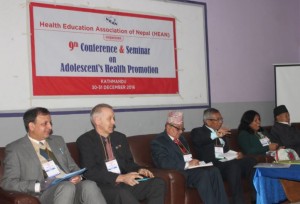

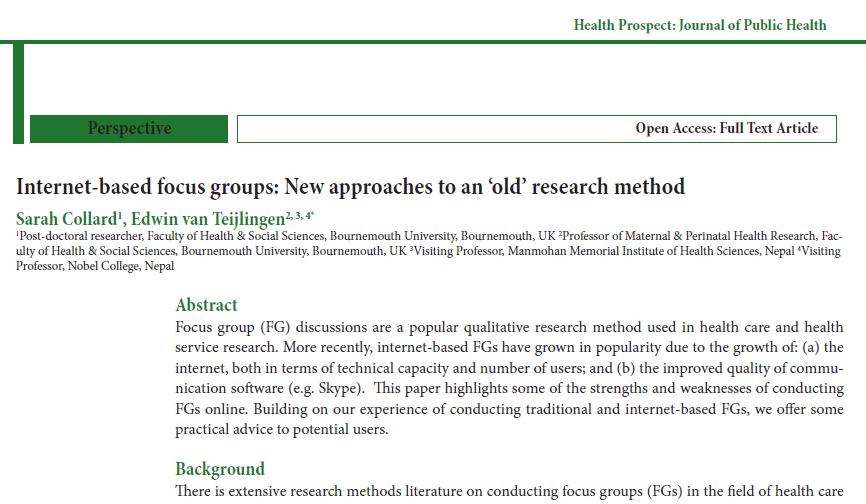

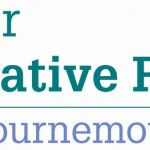
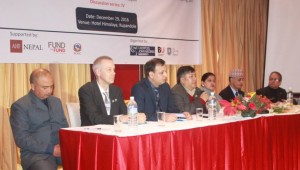
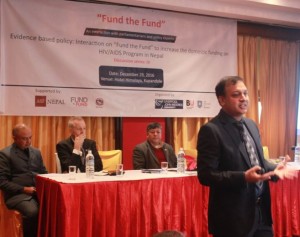
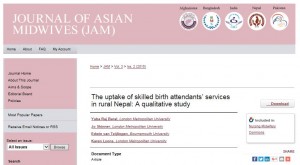

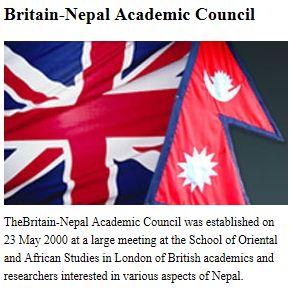
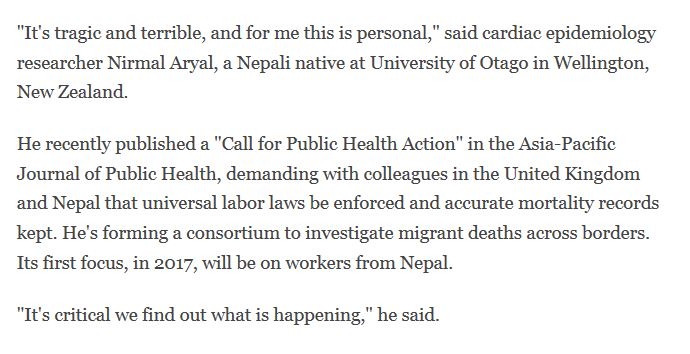
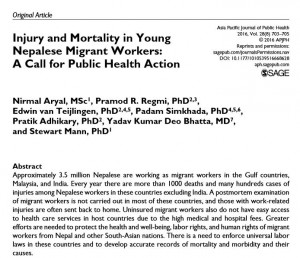
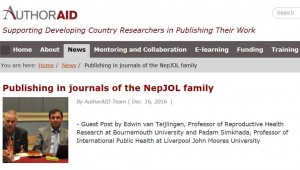
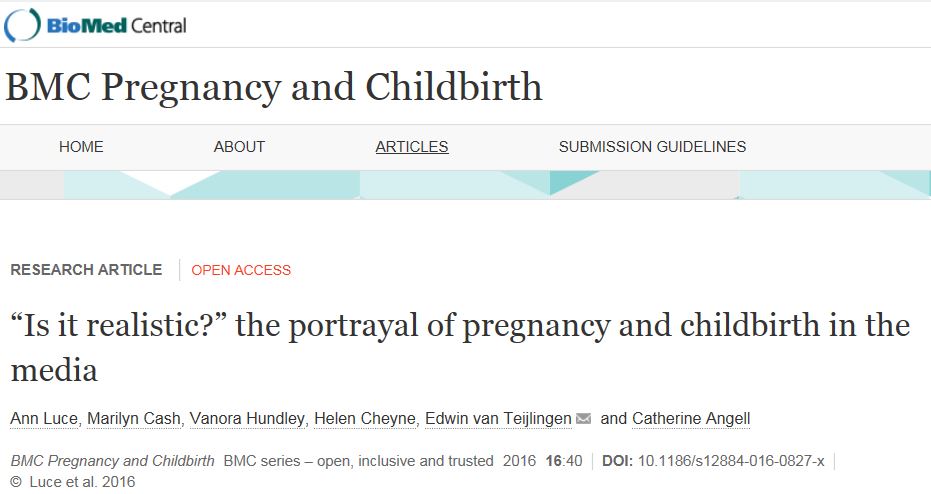
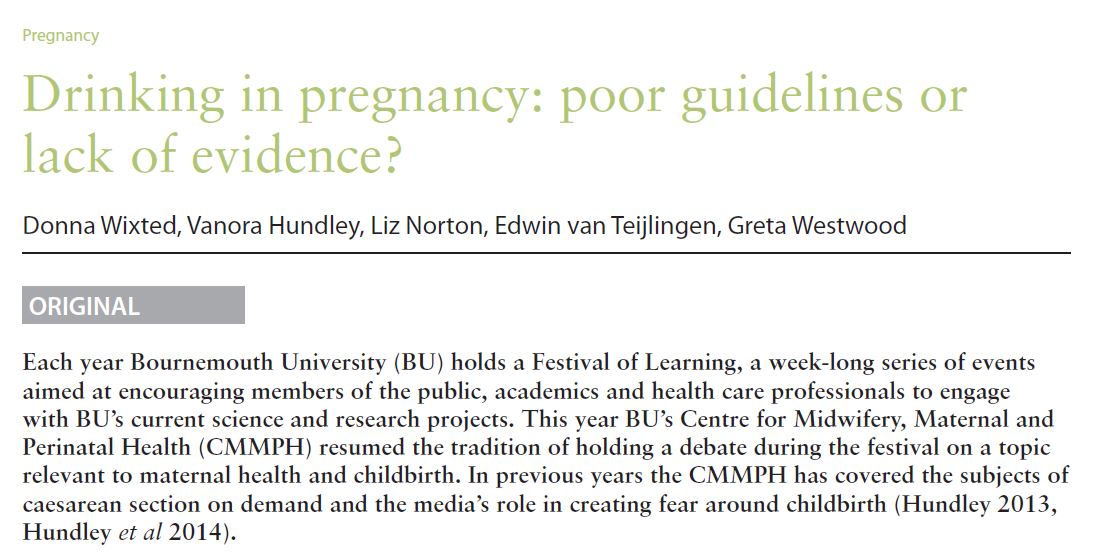
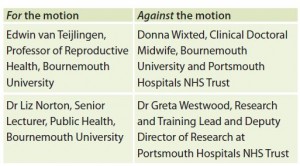
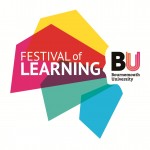
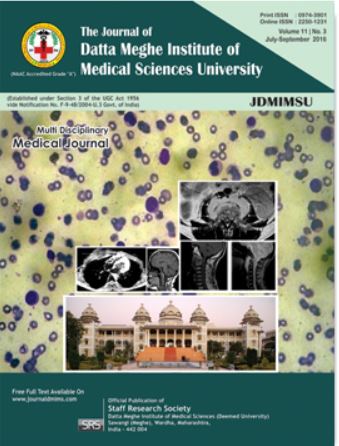
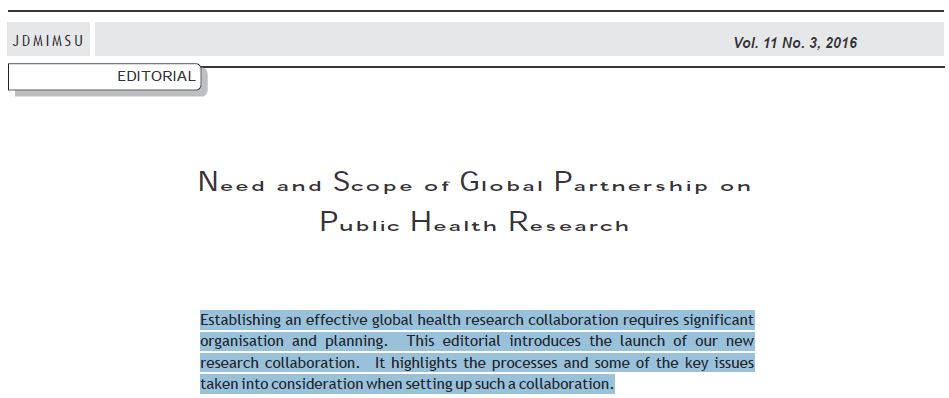

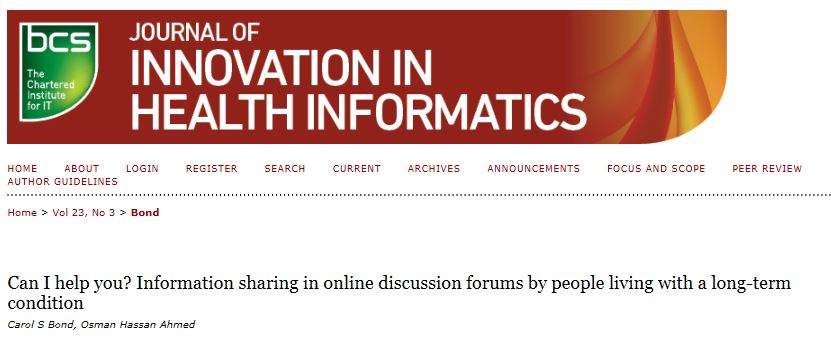
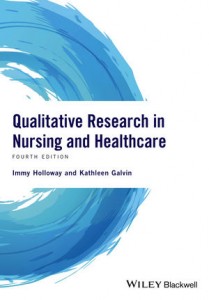











 Nursing Research REF Impact in Nepal
Nursing Research REF Impact in Nepal Fourth INRC Symposium: From Clinical Applications to Neuro-Inspired Computation
Fourth INRC Symposium: From Clinical Applications to Neuro-Inspired Computation ESRC Festival of Social Science 2025 – Reflecting back and looking ahead to 2026
ESRC Festival of Social Science 2025 – Reflecting back and looking ahead to 2026 3C Event: Research Culture, Community & Cookies – Tuesday 13 January 10-11am
3C Event: Research Culture, Community & Cookies – Tuesday 13 January 10-11am Dr. Chloe Casey on Sky News
Dr. Chloe Casey on Sky News ECR Funding Open Call: Research Culture & Community Grant – Application Deadline Friday 12 December
ECR Funding Open Call: Research Culture & Community Grant – Application Deadline Friday 12 December MSCA Postdoctoral Fellowships 2025 Call
MSCA Postdoctoral Fellowships 2025 Call ERC Advanced Grant 2025 Webinar
ERC Advanced Grant 2025 Webinar Horizon Europe Work Programme 2025 Published
Horizon Europe Work Programme 2025 Published Update on UKRO services
Update on UKRO services European research project exploring use of ‘virtual twins’ to better manage metabolic associated fatty liver disease
European research project exploring use of ‘virtual twins’ to better manage metabolic associated fatty liver disease